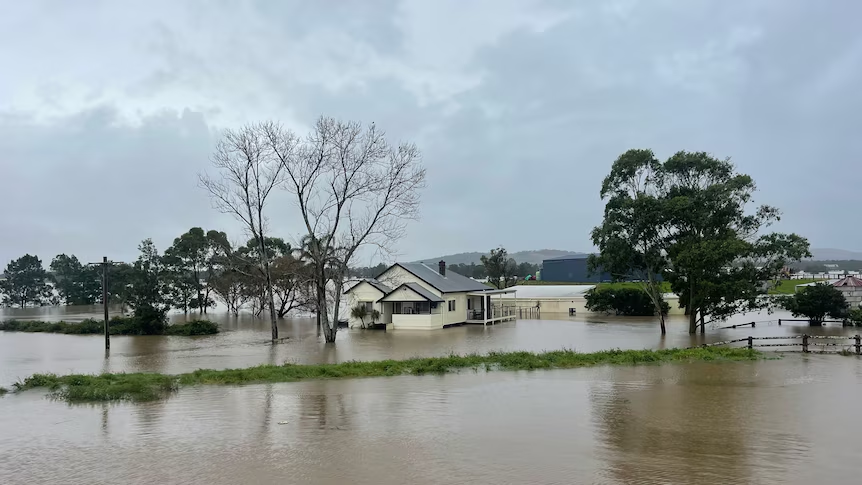The Atlantic hurricane season is already raising concerns among residents in vulnerable areas, particularly those still recovering from last year’s devastating storms. Flooding caused by storm surge and extreme rainfall continues to pose a growing risk to both coastal and inland communities.
Rising Flood Risks
The frequency and severity of weather events like hurricanes are increasing, with links to broader climate trends. Research indicates that the global population living in flood-prone areas has risen by 24% since 2000—far exceeding previous forecasts.
Choosing Water-Resistant Building Materials
One way to reduce damage is to build with materials that are more resistant to moisture. Tile flooring, for example, is less susceptible to water damage than carpet or hardwood. Drywall, which absorbs water quickly, can be replaced with cement board. Baseboards made of PVC are more durable than wood when exposed to flooding.
Elevating Homes and Electrical Systems
Elevating a home, while costly, is one of the most effective ways to mitigate flood damage. In high-risk zones, homes are being rebuilt on concrete pilings up to 20 feet above ground. Additionally, raising electrical outlets can help prevent system failure or fire in the event of flooding.
Flood Insurance: A Financial Safeguard
Flood insurance can significantly reduce out-of-pocket costs after a disaster. It is not limited to homeowners—renters in flood-prone areas should also consider it. Although premiums can be expensive, the financial protection it offers may outweigh the risks of going uninsured.
Weighing the Costs of Prevention
Upgrading a home with more durable materials generally costs more than traditional rebuilding. For instance, replacing drywall with cement board or switching from carpet to tile can significantly increase expenses, especially when factoring in installation.
With forecasters predicting an active hurricane season, taking proactive steps can mean the difference between total loss and quicker recovery. Preparing for flooding is no longer optional—it’s essential.







